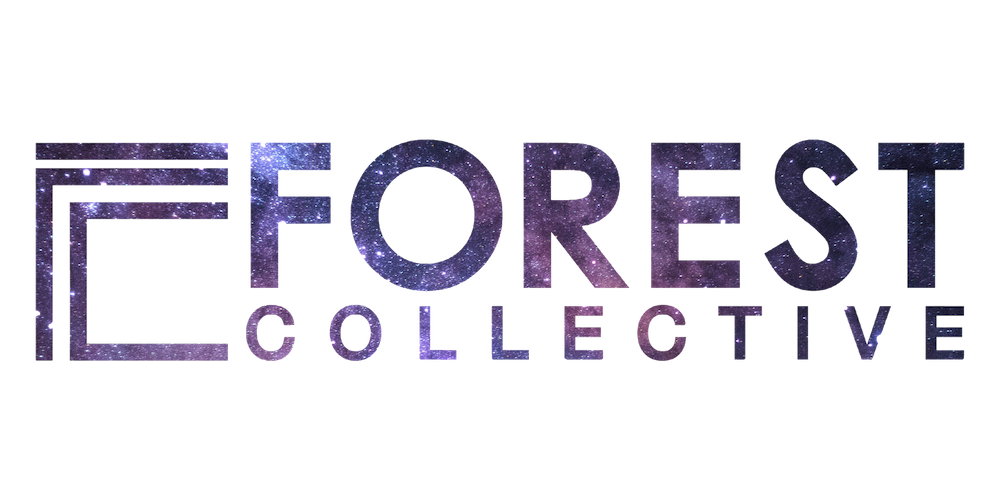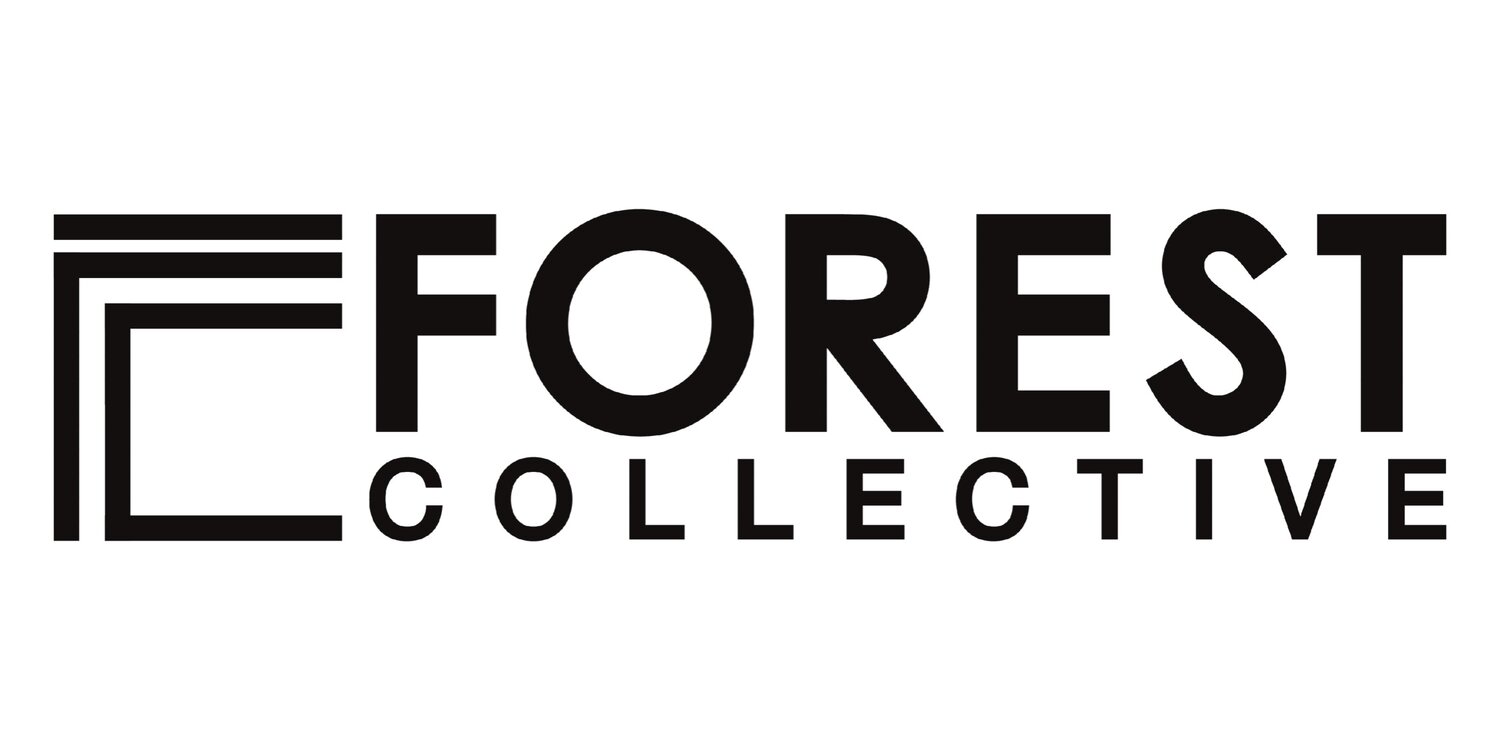Danaë Killian in conversation with Evan J Lawson
As a composer, working closely with performers is truly one of the great gifts of the job. Forest Collective is my artistic family and made up of dear dear friends.
So, crafting Labyrinth for you Danaë, gave me an opportunity to write a work that I hope, encapsulates aspects of your playing - virtuosity, beauty, drama, etc. You often work directly with composers, can you talk about this relationship and some of your highlights working with composers over the years?
Yes, one of the great gifts to my existence as a musician on this planet is the music composers write for me to play, and another gift is the generosity of spirit with which composers of new music typically allow me the freedom to follow my own creative instincts in adventurously shaping an interpretation. When realising a new composition, I have to make many creative decisions about the expression and its proportions, gestures, motivation etc — decisions that aren’t written into the score and that mostly shouldn’t be written into the score — I mean, another pianist might make different decisions, and so they should. In a way, the composer’s score is like a challenge or a game or a riddle that I’m tasked with solving in my own individual way (there’s no singular ‘right’ answer). This process is a great adventure for me. It’s no different, really, with canonic repertoire, except that with new music there are few, or no, prior examples of creative solutions to the composers’ score. So, yes, playing new music is an exciting way to be a pianist. However, there is a flip side to working directly with living composers, which is fear! Honestly, I can get very frightened of playing for composers who aren’t safely tucked into their graves — what if I’ve got the whole gist and gesture of their work ‘wrong’? What if I’ve injured their delicate newborn creation in a rough-handed delivery? How will the composer react to what I’ve done? The audience? Posterity? These are the tachycardia-inducing questions racing through my head before I show a composer what I’ve done with their music. The responsibility feels — and is — enormous. Thankfully, the overwhelming majority of composers are kind and open-minded, and are able to ask me to do things differently, if necessary, without making me feel paralysed by perfectionism. Evan, you are definitely among the kindest of composers, conductors, directors that I’ve worked with, and I feel amazed at the good fortune to have something huge like Labyrinth created especially for me.
One highlight of my working with living composers is the album My Heart that’s edging toward completion within the next couple of months at Move Records. The album models the artistic relationship of “dear dear friends” that shaped Expressionist culture in Berlin pre-WWI, bringing together the music of Arnold Schoenberg, the imagination of poet Else Lasker-Schüler, works by Naarm-based composers Howard Dillon, Christine McCombe, Amelia Barden, Colin McKellar, Evan J Lawson (that’s you) and Danaë Killian (me), and the UK-based Gregers Brinch. Following My Heart will be the complete solo piano works of Eve Duncan, who’s been my friend and who’s music I’ve played, for 30 years.
I describe this work as a dance-opera-piano concerto, where at the centre of the labyrinth we are confronted with the monster, and I have attempted to show that monster through the piano solo. I am curious if you have taken any other approaches to the role of the piano solo in this work.
There is something so incredibly concrete, so literal, in the image of the piano and pianist as Minotaur at the heart of the Labyrinth. I mean, it’s more than a metaphor that stands in figuratively for ‘something else’ — the Labyrinth is real in the formal meanderings, bends, and thresholds of your composition; and the sounds that inhabit me and the piano and my physical gesture in realising your score, these sounds (as I experience them) are a real medium for the soul of the Minotaur, across millenia, to express itself in Naarm in 2025. For me, it’s not so much showing the monster as becoming it, or at least becoming saturated by its nature.
Interestingly, on reflection, I think that my response to your previous question, in which I talk about new music interpretation as challenge, as riddle-solving, is particularly apt in the case of Labyrinth (including the being-frightened). There is great flexibility to a lot of the piano solo part where the parameters of rhythm, repetition, and texture are concerned — working fluidly with the element of chance is a pragmatic necessity of an immersive, space-dependent work such as Labyrinth.
You have worked with Forest Collective since 2016. What has brought you back to performing and sharing with us over this time?
Forest Collective is family. I never want to leave. Performing with Forest is pure joy.
Going back to the theatrical nature of Labyrinth, how do you find the experience of performing in a theatrical work, rather than the more expected recital/concert environment usual to a pianist?
I like that Labyrinth, as a theatrical work, has music driving its heart. Theatre expands its musical expressiveness. I would feel less comfortable and less excited about playing “for” a theatrical work, i.e. in incidental music or in a pit. That’s just a personal preference. For me, Labyrinth sits perfectly at a place where I get to enjoy full soloistic pianistic agency while collaborating with other artists across disciplines.
Why should someone come and see Labyrinth?
It’s an opportunity to experience yourself lost in a labyrinth of new music without worrying that you’re lost because you don’t ‘get’ what’s going on. The labyrinth is real, for all of us.
Labyrinth plays for a limited season of performances 31 January - 8 February at Abbotsford Convent as part of Midsumma Festival.

